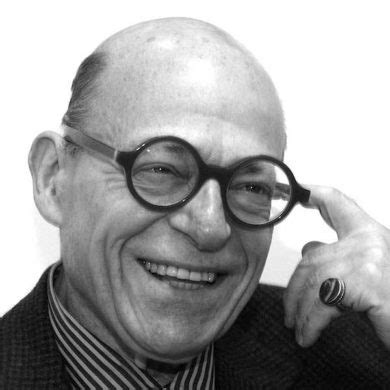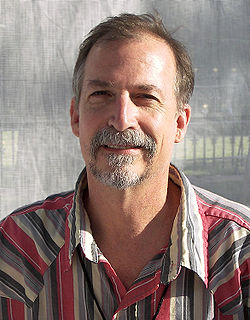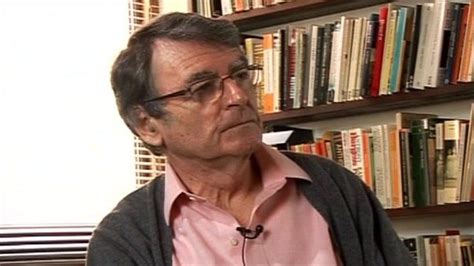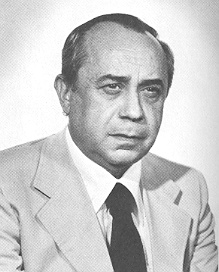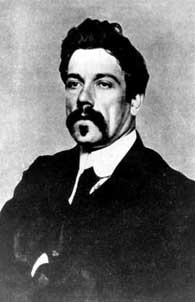A Quote by Richard Howard
Time reveals all translation to be paraphrase.
Quote Topics
Related Quotes
In translation studies we talk about domestication - translation styles that make something familiar - or estrangement - translation styles that make something radically different. I use a lot of both in my translation, and modernism does both. For instance, if you look at the way James Joyce presents Ulysses, is that domesticating a classic? Think of it as an experiment in relation to a well-known text in another language.
There is an old Italian proverb about the nature of translation: "Traddutore, traditore!" This means simply, "Translators-traitors!" Of course, as you can see, something is lost in the translation of this pithy expression: there is great similarity in both the spelling and the pronunciation of the original saying, but these get diluted once they are put in English dress. Even the translation of this proverb illustrates its truth!
Paraphrase, in the sense of summary, is as indispensable to the novel-critic as close analysis is to the critic of lyric poetry. The natural deduction is that novels are paraphrasable whereas poems are not. But this is a false deduction because close analysis is itself a disguised form of paraphrase.
